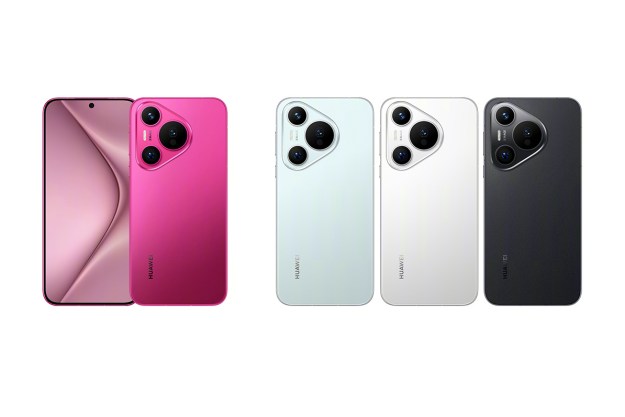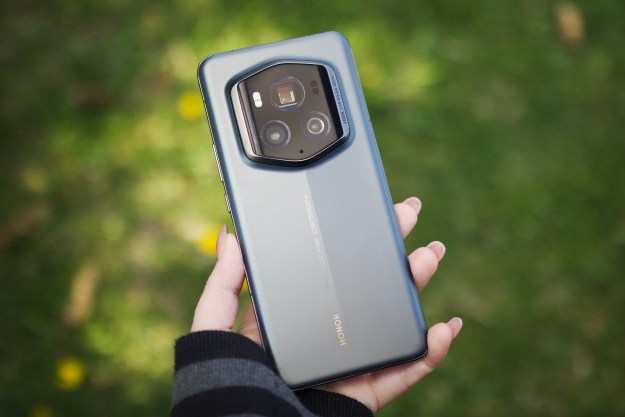
This is key to the complaint, and Qualcomm mentions it in the press release detailing the complaint. Last year, after a lengthy investigation into anti-competitive practices by the National Development and Reform Commission in China (NDRC), Qualcomm was fined $975 million for abusing its position as market leader over licensing costs and royalties.
In addition to the fine — which has the dubious honor of being the largest imposed by Chinese anti-trust authorities — Qualcomm agreed to change its licensing practices. In the complaint against Meizu, Qualcomm points out that it’s the revised patent agreements that were created after the NDRC case, which Meizu hasn’t signed. Qualcomm goes on to say that Meizu has “unfairly expanded its business” by using its technology without the correct licenses.
Meizu, in a statement provided to Digital Trends, says: “Meizu has worked with Qualcomm to advance towards an agreement. We respect Qualcomm’s right to use legal measures if they are unsatisfied with the progress, but still welcome them to proceed the negotiations with us at any time.”
At the end of 2015, Meizu boasted it had sold 20 million smartphones over the year, a massive 350 percent increase over the number reported in 2014. It hoped this would help place the company in China’s top five smartphone manufacturers. However, in early 2016, the company said headcount-reducing redundancies, due to the slowdown in China’s mobile growth, would start in February.
Meizu doesn’t always use Qualcomm processors inside its smartphones either. For its Ubuntu Mobile-powered devices such as the Pro 5 it chose Samsung’s Exynos chips, and for the MX4, it used a MediaTek chip.
Previous updates:
Updated on 06-24-2016 by Andy Boxall: Added in statement from Meizu
Editors' Recommendations
- Samsung Exynos loses big even as MediaTek widens its lead over Qualcomm
- Over 70 5G-enabled phones featuring a Qualcomm Snapdragon 865 are in the works



